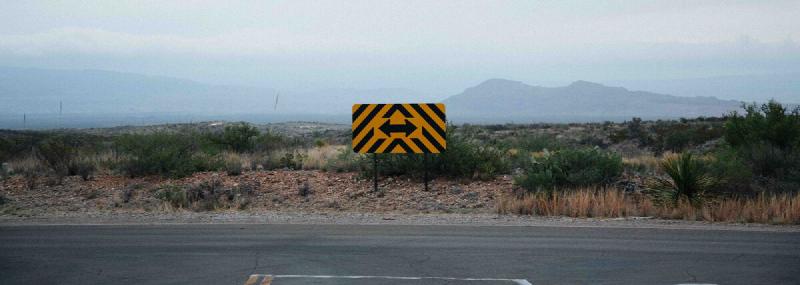Discussion about challenges of teaching science. The discussion is framed by a paper by Rabinovich and Morton (2012) which looked at participants beliefs about the nature of science and how it impacts their response to varying degrees on uncertainty in science communication.
Framing paper
Rabinovich, Anna & Morton, Thomas. (2012). Unquestioned Answers or Unanswered Questions: Beliefs About Science Guide Responses to Uncertainty in Climate Change Risk Communication. Risk analysis : an official publication of the Society for Risk Analysis. 32. 992-1002.
Abstract
In two experimental studies we investigated the effect of beliefs about the nature and purpose of science (classical vs. Kuhnian models of science) on responses to uncertainty in scientific messages about climate change risk. The results revealed a significant interaction between both measured (Study 1) and manipulated (Study 2) beliefs about science and the level of communicated uncertainty on willingness to act in line with the message. Specifically, messages that communicated high uncertainty were more persuasive for participants who shared an understanding of science as debate than for those who believed that science is a search for absolute truth. In addition, participants who had a concept of science as debate were more motivated by higher (rather than lower) uncertainty in climate change messages. The results suggest that achieving alignment between the general public’s beliefs about science and the style of the scientific messages is crucial for successful risk communication in science. Accordingly, rather than uncertainty always undermining the effectiveness of science communi- cation, uncertainty can enhance message effects when it fits the audience’s understanding of what science is.
Models of the nature of science
Classical
Science uncovers objective truth. An implication of this model is that there is a single version of truth.
Kuhnian
Articulated from the writings of Karl Popper and Thomas Kuhn. Science is a series of paradigms (general ways of seeing and understanding the world). Scientific development comes from debate over evidence supporting different paradigms eventually leading to some being discarded (paradigm shifts). Paradigms often rest on untestable presuppositions. Which means knowledge cannot be objectively proved to be “true”. Instead scientific progress involves eliminating hypotheses by proving that the observable world does not match assumptions and predictions of the paradigm.
Our discussion
-
Most people probably don’t spend the time to fully articulate their views on the nature of science.
-
Some sciences lend themselves to one model over the other.
- Climate science rests on probabilistic predictions of large chaotic systems
- Particle physics involves incredibly precise measurement
-
Science in schools generally teaches facts, leading students towards a classical view of science
-
Curriculum and pressures from assessments does not leave much room for teaching scientific processes
-
It is difficult to change students views on the nature of science
- Curriculum and assessment constraints
- By the time students reach secondary school beliefs can be very entrenched
-
Science communication may be more successful if time is taken to understand listener’s views on the nature of science
- Khunian views can be approached by describing threads of evidence and what areas of uncertainty are still being investigated
- Classical views can be addressed by talking about what evidence has been gathered and what it points towards.
Problematic points in the paper
- Rabinovich and Morton’s 2nd experiment attempts to modify participants views on science by having participants read a treatment text, however they do not mention measuring participants views before the treatment. At best they measure a correlation.
- Their conclusions suggest that participants who hold a more classical view of science would not respond positively to messages about uncertainty in science. This suggests to us that they would be less likely to alter their beliefs based on the treatment text.
- This is supported by research on confirmation bias
Related articles
McComas W.F., Clough M.P., Almazroa H. (1998) The Role and Character of the Nature of Science in Science Education. In: McComas W.F. (eds) The Nature of Science in Science Education. Science & Technology Education Library, vol 5. Springer, Dordrecht. https://doi.org/10.1007/0-306-47215-5_1
Peters, R. G., Covello, V. T., & McCallum, D. B. (1997). The determinants of trust and credibility in environmental risk communication: an empirical study. Risk analysis : an official publication of the Society for Risk Analysis , 17 (1), 43–54. https://doi.org/10.1111/j.1539-6924.1997.tb00842.x
Retzbach, A., & Maier, M. (2015). Communicating Scientific Uncertainty: Media Effects on Public Engagement With Science. Communication Research, 42(3), 429–456. https://doi.org/10.1177/0093650214534967
Send in your questions and comments! Get in touch here.
